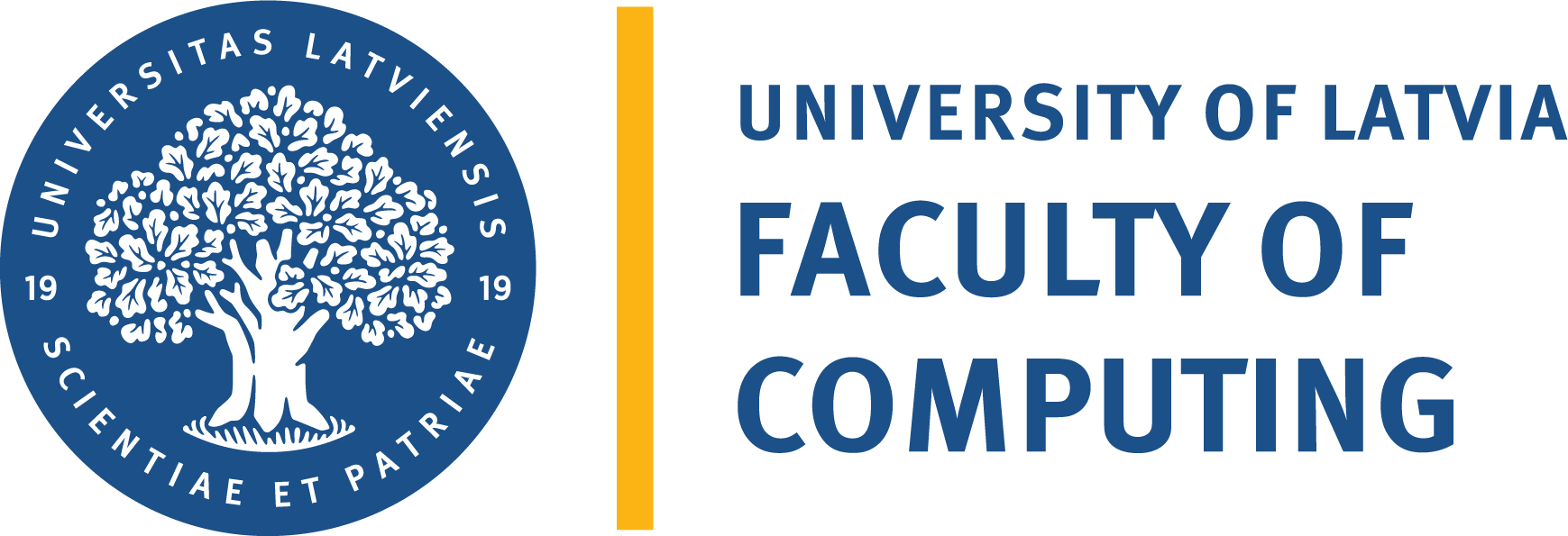
University of Latvia
Green Education Ranking
#881
About University of Latvia
The University of Latvia consistently retains the position of the national, leading and most influential higher education institution in Latvia. In terms of the total number of students, the University of Latvia is also the largest university in the country. It is the largest comprehensive university in Latvia with a prominent standing both in the development of the entire education system and in the overall growth of the country's economy. UL is a modern centre of academic and professional studies, which, along with research in natural sciences, humanities, social sciences, technical sciences and medicine provides opportunities to acquire various types and levels of higher education to the residents of Latvia and other countries. UL has a crucial role in the development of society's academic traditions, national economy, education, environment and health protection, Latvian language and culture. The opinion of the University of Latvia substantially contributes to the public administration decision-making. Scientific activity at the University of Latvia takes place both in faculties and scientific institutes. The University of Latvia conducts research in more than 50 research areas. Scientists from the University of Latvia have developed significant studies that have contributed to the competitiveness of the national economy and the improved quality of life. UL grows as a modern academic institution that provides an environment and infrastructure for outstanding achievements in research, studies and creative endeavours. UL evolves dynamically – the coming years will see establishment of the study and research centre that will stand among the most modern facilities of Northern Europe – the University of Latvia Academic Centre in Torņakalns. The House of Nature opened its doors in 2015; the House of Science was completed in 2019. Its laboratories are unique both in Latvia and across in the Baltic states. In the coming years, the territory of the Academic Centre will be augmented by the House of Letters, which will be a home to the faculties of humanities and social sciences, institutes and the Library. The subsequent plans involve construction of a Technology Centre, hotels, an academic square, as well as state-of-the-art sports infrastructure, car and bicycle parking.
About World Green University Ranking
World
Green University Ranking 2024 is a
scholarly acknowledgment of educational
institutions standing at the forefront of
Education for Sustainable Development (ESD) and
leading the Green Education Transformation
(Education 6.0).
World Green University Ranking classifies
universities based on the six pillars of the
Holistic Green Education Framework, including
leadership governance, curriculum, innovation,
facilities, human capital, and community
partnerships.
The methodology employed in our Green Education Ranking is designed relying on the six pillars of the Holistic Green Education Framework. Each pillar contributes to the institution’s overall score, with a carefully assigned weight reflecting its significance in fostering sustainability. The total weight of the six pillars collectively amounts to 100%, signifying a balanced evaluation across critical dimensions of Green Education. Within each pillar, various standards are carefully assessed, with weights ranging between 1 and 2, emphasizing the varying importance of each criterion. This nuanced approach ensures a holistic evaluation and offers an insightful measure of universities commitment to Green Education Transformation (Education 6.0).
| # | Six Pillars of Green Education Framework (6Gs). | Weight |
|---|---|---|
| 1 | Green Educational Leadership | 14% |
| 2 | Green Curriculum | 17% |
| 3 | Green Innovation and Research | 19% |
| 4 | Green Facilities | 15% |
| 5 | Green Human Capital | 19% |
| 6 | Green Communities | 16% |
| Total | 100% |

